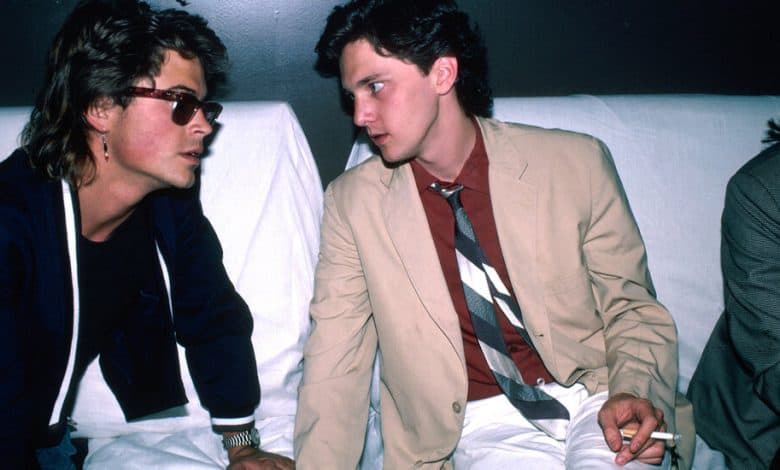My Life in the Brat Pack, Reconsidered

When I was a very young man I became very successful very quickly in a string of movies. It was the 1980s, and I was in the right place at the right time, as a cultural shift was taking place.
It’s difficult to imagine now, but Hollywood was not always as enamored of the young as it is today. But seemingly overnight the focus of films shifted. No longer would the auteurs of the ’70s dictate the type of entertainment we would watch. Hollywood had discovered the purchasing power of a young audience and refocused its moneymaking tractor beam directly on it.
I and a cluster of other young actors were the beneficiaries of this redirection, and our careers quickly flourished — surprising no one more than us. There were some in the old guard who resented this upheaval, and when a disparaging article in New York magazine appeared lumping a group of us young actors as the Brat Pack, many in Hollywood snickered with satisfaction. We had been put in our place, brought down to size.
People had been eager to get a handle on this cultural realignment, and the catchy turn of phrase caught fire. The nod to the Rat Pack placed us on a historical Hollywood continuum while simultaneously reducing us by stripping our individuality. My career and those of a half dozen others were forever branded. As the magazine put it: “This is the Hollywood ‘Brat Pack.’ It is to the 1980s what the Rat Pack was to the 1960s — a roving band of famous young stars on the prowl for parties, women and a good time.”
We hated the tag. We were now members of a club none of us wished to join. I felt that I lost control of the narrative of my career overnight. I tried to shrug off the Brat Pack label, hoping it would fade. But I didn’t understand something.
While I may have felt the term was pejorative and diminishing, the young people of my generation loved it. Being in the Brat Pack meant that I was one of the ultimate cool kids, the ones you wanted to hang out with, to emulate — we were the ones you admired.